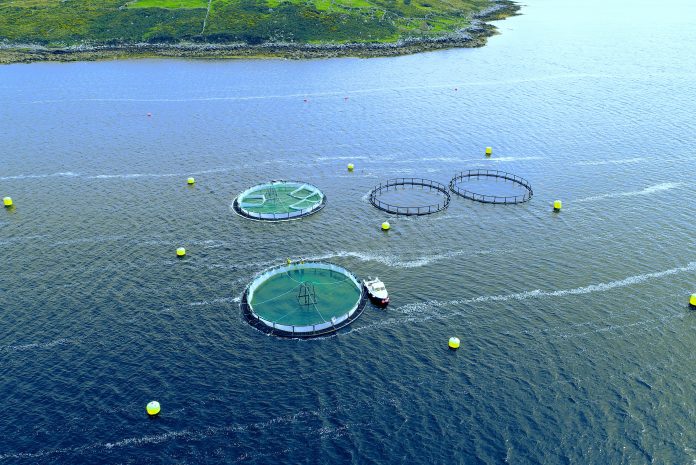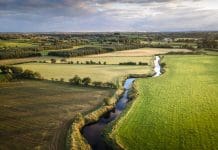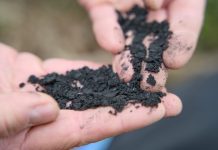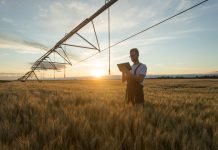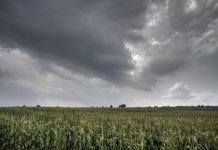Here, Coordinator of the Intelligent Management Systems for Integrated Multi-Trophic Aquaculture (IMPAQT) project Frank Kane discusses the path to revolutionising aquaculture and increasing the industry’s sustainability
With research and innovation at its core, the H2020 IMPAQT project brings together 21 multi-disciplinary partners, coordinated by the Marine Institute in Ireland, to develop and validate an intelligent management platform for sustainable integrated multi-trophic aquaculture (IMTA) production. IMTA is a fresh concept in aquaculture where multiple species, from different levels on the food chain, are farmed on the same site, or within the vicinity of each other, in an integrated and complementary way.
The wastes produced by the fish or fed species can be utilised as a feed or fertiliser for other species such as shellfish and seaweeds, thus lowering the nutrient load in the water and allowing a more circular and sustainable approach to farming. As yet, IMTA is not widely adapted at a commercial level in Europe and understanding the validity of this approach, the interaction of the trophic levels and, the management of IMTA systems is at the heart of IMPAQT.
Novel technologies for precision aquaculture
To understand the farming environment and be informed on the interaction between the species it is critical to have effective and real-time monitoring supplying reliable information. The project developed several prototype novel sensors. Low power consumption platforms for the automatic, repeatable and reliable measurement of nitrites and phosphates, using microfluidic chips were developed. A novel miniaturised low-power, low-cost acoustic submersible Underwater Transmitter Node (UWTN) has been developed to provide an underwater sensors networks platform. Each UWTN is integrating accelerometers with temperature and pressure sensors and a unique ID to monitor the water flows and forces on the seaweed and animals.
Novel technologies include the Integrated Autonomous Data Acquisition System (IADAS) to gather data from multiple different sensors. The IADAS is situated locally on the side of the fish pen or structure and is a versatile data acquisition tool, configurable according to the various sensors it needs to manage and to where it is deployed. It is composed of multiple sensor interfaces, data acquisition system interfaces, a core management module and an energy management system (EMS). The EMS prototype is developed to interconnect various components (power supply, battery, solar panel and powered devices) and performs energy measurements to supply power optimally in a smart and controlled way. A Data Aggregator System (DAS) was also developed to wirelessly receive the data from multiple IADAS and transmit the data to the cloud, where it is analysed in the Intelligent Management System (IMS).
The IMS adds value to the data by providing analytics, feedback, context, actuation, and operational guidance. Taking the data from physical sensors and combining it with production and welfare data (via the developed Simplex App) satellite, models, and remote data sources, the IMS uses algorithms to provide real-time operation feedback on the condition of the environment, the welfare of the species, and the status of the stocks as well as warnings, alerts, feeding and harvesting suggestions, and feedback on impacts and the ‘IMTA’-ness of the operation.
These novel prototype technologies are designed to make sense of the information available and support the operator to monitor and manage their IMTA set up.
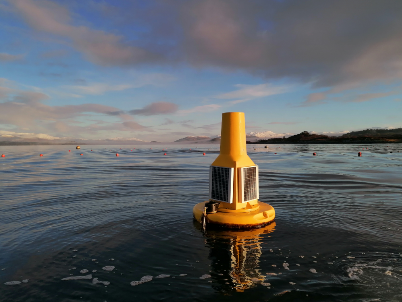
IMTA model
IMTA models for two differing farm set-ups and different environments were developed to run a set of scenarios estimating the benefits of IMTA in the setup of the farms in terms of seafood production and environmental impact. These were used to distil a generically applicable blueprint that others can use as a template.
This demonstrated the different responses of, and interactions between, IMTA farm components and their footprint on the environment in both nutrient-rich and nutrient-poor environments. The models are valuable research tools to get more insight in how ecosystems react to aquaculture and to assess the response of individual species to an increase in competition or food availability. They can ultimately be useful tools to investigate the potential of IMTA farming for aquaculture waste recovery, boosting and diversification of seafood production, efficient use of the marine space, and to inform decisions regarding the management of a farm and/or an ecosystem.
IMTA evaluation
The six IMPAQT pilot sites, in Ireland, Scotland, The Netherlands, Turkey and China, served as diverse testing and development locations for the technologies with bespoke versions of the IMPAQT platform deployed at each location. The pilots also served as sites to investigate optimal sustainable IMTA development and to quantify the ecosystem services and circular economy principles of IMTA.
A cost-effectiveness analysis study based on work at one of the pilot sites found that with the transition from monoculture of fed species to an IMTA set up, there is an overall increase in labour and operation costs, but the cost allocated to the original fed species will be reduced (by 7% in this case), which indicates that IMTA contributes to the overall economic efficiency of the site as well as providing extra produce, along with its environmental and societal benefits. A socioeconomic assessment survey of stakeholders has been completed, concerning the current perspective and expectations for the future of IMTA. Product analysis studies, identification of the circular attributes of the IMPAQT platform, IMTA production technologies and processes, policy documents and much more of the work from the project will be presented at the upcoming Aquaculture Europe 2020 event on April 12-15 where the project will also have an on-line ‘booth.’ All results from the project can also be found at the project website as they become available.
Contributing authors MI, FEUGA, INTRA, AUA, and WINGS.
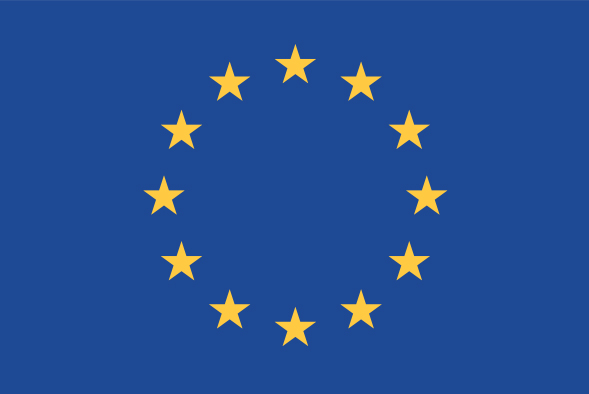
IMPAQT – Intelligent management system for integrated multi-trophic aquaculture has received funding from the European Union’s HORIZON 2020 Research programme under the Grant Agreement no. 774109.
*Please note: This is a commercial profile

